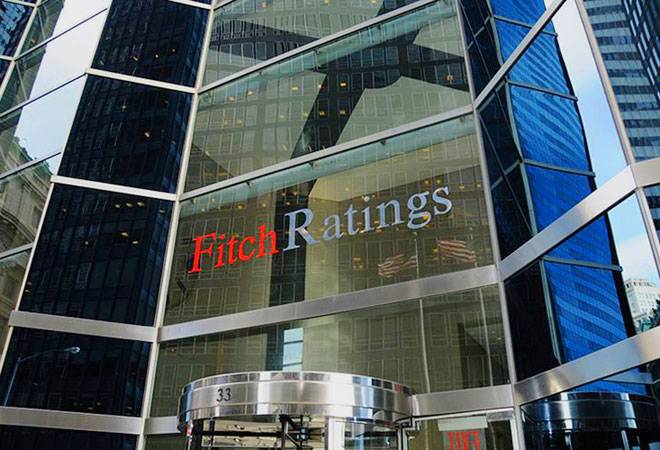Fitch Ratings has downgraded Arab Tunisian Bank’s (ATB) Long-Term Foreign- and Local-Currency Issuer Default Ratings (IDRs) to ‘B’ from ‘B+’. The Outlook is Negative. The ratings action follows the downgrade of Tunisia sovereign rating on 8 July 2021.
Fitch recalls that it has also revised the outlook on Tunisian banks’ ‘b-‘ operating environment to Negative from Stable, primarily to reflect heightened risks to the banks’ credit profiles resulting from a weakened sovereign, given banks’ high exposures to the state, which we estimate at 15% of total sector assets at end-November 2020.
ATB’s IDRs and ‘4’ Support Rating are driven by a limited probability of support, if required, from the bank’s 64.2% shareholder, Jordan-based Arab Bank Plc (AB, BB/Negative).
It added that ATB is strategically important to AB and without any transfer and convertibility risks constraint (as reflected in the Tunisian Country Ceiling), its Long-Term IDRs would be notched down once from its parent’s. However, Tunisia’s Country Ceiling of ‘B’ constrains ATB’s IDRs. Transfer and convertibility risks may restrict the subsidiary’s ability to use the parent’s support to service creditors.
“We rate ATB’s Foreign- and Local-Currency IDRs at the same level because in the event of intervention in the banking sector, our assessment is that authorities would make no distinction between the imposition of losses on creditors in local or foreign currency. Our view is that the risks to bank creditors in local and foreign currency are equal given the weak operating environment,” noted the rating agency.
Fitch stresses that ATB is still profitable despite the challenging operating environment, but impairment provisions materially increased in 2020, in line with the Central Bank of Tunisia’s (CBT) tighter guidelines in the calculation of collective provisions. “We understand from management that volume growth is important if the bank is to improve its cost-efficiency ratios, but rapid growth may increase credit risk under current conditions. Loan impairment charges are therefore likely to continue to put pressure on operating performance.”













